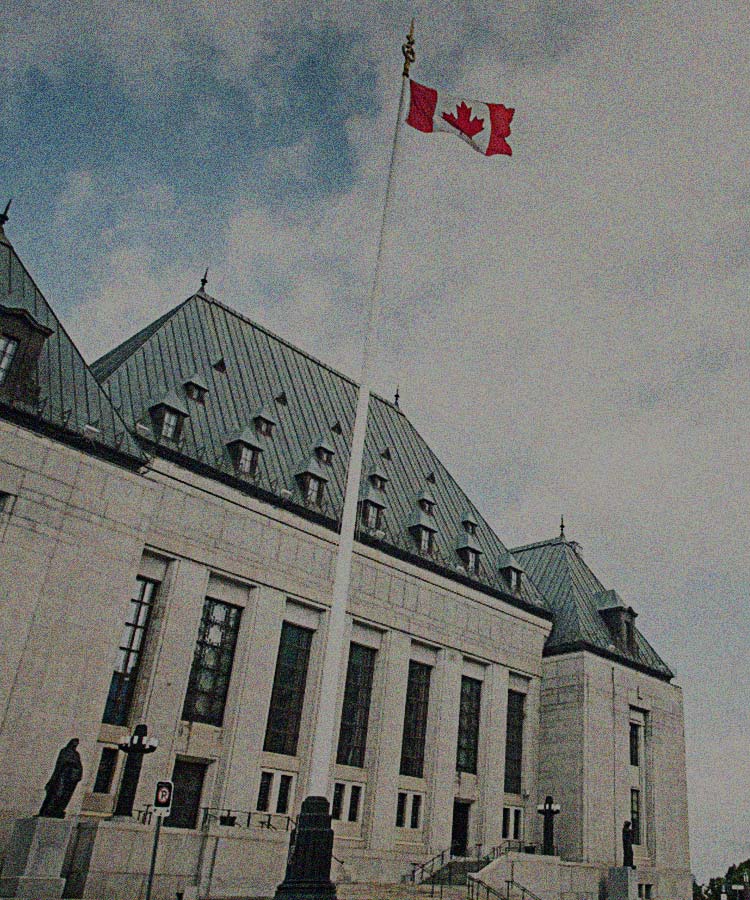The Supreme Court of Canada’s decision in Carter v. Canada, which struck down the absolute prohibition on physician-assisted dying, becomes the law in Canada at midnight tonight. Although the federal government has not passed its proposed response to the decision (Bill C-14), there is no legal vacuum as some commentators are suggesting.
The Supreme Court’s decision in Carter establishes the guidelines and criteria that physicians can use for patients seeking such assistance. That decision states that it is a violation of the Canadian Charter of Rights and Freedoms to deny individuals access to medical aid in dying if they are suffering intolerably from a grievous and irremediable medical condition. The decision is also clear that nothing in it compels physicians to provide assistance in dying.
The circumstances are similar to what followed the Supreme Court’s decision in 1988, striking down federal abortion restrictions as unconstitutional. In that example, no federal law was passed subsequently and, although issues of access remain in many parts of the country, abortion is generally available in Canada despite the absence of federal legislation.
The provincial colleges that regulate physicians have put interim guidelines in place that can assist physicians who wish to provide assistance to eligible patients who are seeking it. Although CCLA is of the view that federal legislation is important, it is equally important to ensure that Parliament passes a law that respects the Carter decision and the rights of Canadians that it recognized. The proposed Bill C-14 does not do so, and so it is incumbent on our members of Parliament and senators to take the steps necessary to pass good legislation on this vitally important issue.
While CCLA is of the view that the Carter decision provides sufficient guidance to medical practitioners, we are aware that some physicians will not be comfortable acting without federal guidance and, in particular, a clear exception to the Criminal Code that is passed at the federal level. As a result, we appreciate that patients may continue to face obstacles in accessing assistance in dying, even where their eligibility is clear based on the Carter criteria. This is very unfortunate and unfair for Canadians who are suffering, which is why we will continue to engage in advocacy at all levels to ensure that the rights of Canadians are protected.
THE TAKEAWAY
- The SCC decision in Carter v. Canada becomes law today; it was not a question of allowing individuals to choose death over life. Instead, it allows suffering individuals some measure of control over how and when their lives will end.
- There is no legal void or vacuum as some suggest; the guidelines provided by the Supreme Court in Carter governs and says that those suffering intolerably from a grievous and irremediable medical condition cannot be denied access to medical assistance in dying.
- Provincial colleges regulating physicians have put interim guidelines in place to help doctors.
- Bill C-14, the federal government’s proposed legislation, does not follow the Supreme Court’s decision in Carter; we urge Parliament to pass legislation that respects the rights recognized in that case.
- Despite the clear guidance provided by Carter, we anticipate that, unfortunately, some physicians will not provide assistance in the absence of a clear federal law.
About the Canadian Civil Liberties Association
The CCLA is an independent, non-profit organization with supporters from across the country. Founded in 1964, the CCLA is a national human rights organization committed to defending the rights, dignity, safety, and freedoms of all people in Canada.
For the Media
For further comments, please contact us at media@ccla.org.





